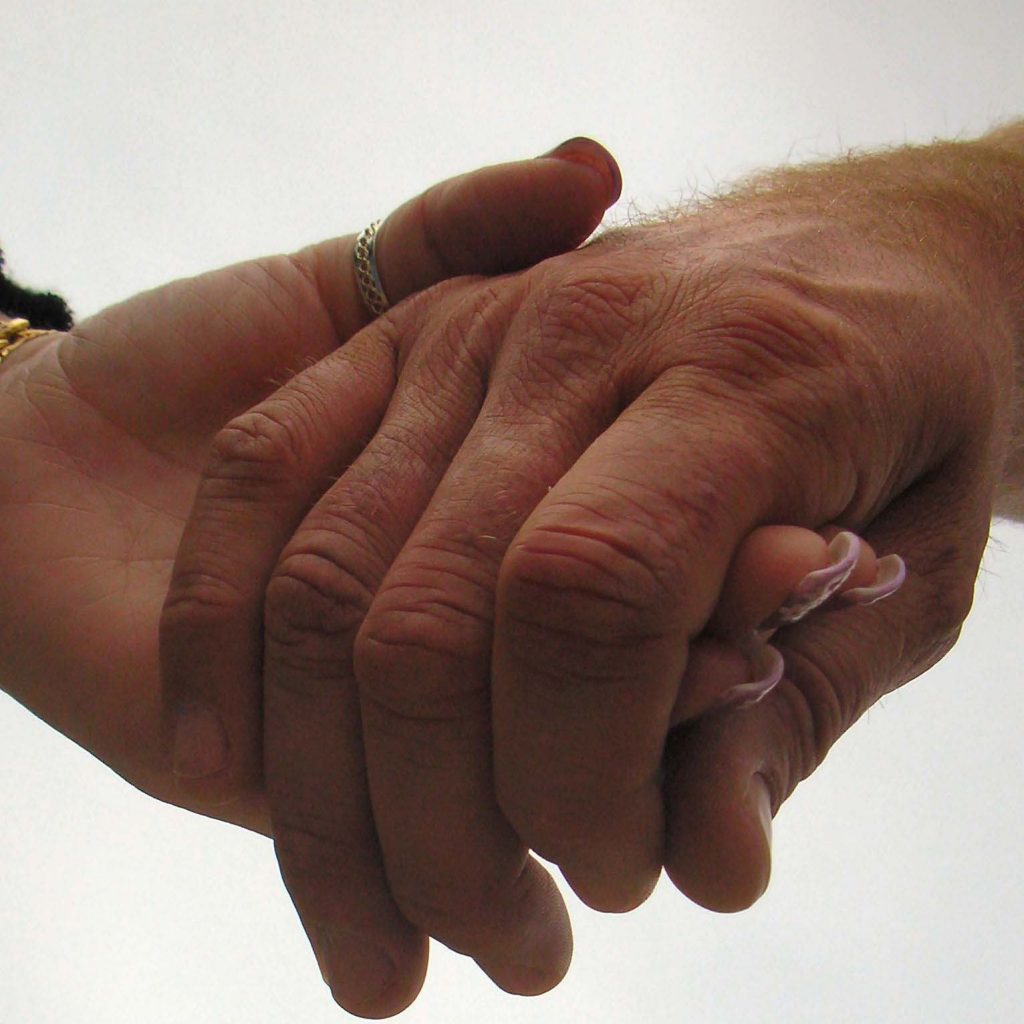
Why do we connect to certain stories?
The simple answer is because they reflect our own lives.
JD Salinger’s The Catcher in the Rye is about a disenfranchised teenager trying to find his place in the world. It speaks to teenagers who are angry, rebellious, and displaced. Here is a novel that champions them. This is why The Catcher in the Rye became a classic when it was first published in 1951, and why it’s remained popular to this day: the world might change, technology can evolve, but teenagers will always go through certain phases in life. As adults, we’ll remember this dissonance in ourselves. The Catcher in the Rye speaks directly to this.
Think about your favourite book. Is the relationship between you and the book that synonymous?
The likely answer is an emphatic no.
John Green’s The Fault in Our Stars is about two teenage cancer-sufferers who find strength in one another. Paula Hawkins’s The Girl on the Train is about an alcoholic woman on a train who looks out the window and sees a crime. Gillian Flynn’s Gone Girl is about a duplicitous husband and a scheming, psychotic wife who will go to any lengths to save her marriage. Bret Easton Ellis’s American Psycho is about a serial killer. JK Rowling’s Harry Potter is about a child wizard fated to oppose the evil Voldermort. Ian Fleming’s James Bond features a spy who is licensed to kill constantly saving the world from criminal masterminds.
How many of those characters and circumstances reflect our lives?
If we were to only connect to books whose characters and/or events reflected our own lives, our reading CV would be thin. Basic criteria – such as the protagonist’s gender and age – would immediately exclude us. From there, other dissimilarities would amass.
Often, we connect to characters because their journey speaks to our own journey in life. Not one of us wields magic or is fated to fight an evil wizard, but Harry Potter’s struggle can reflect our own struggles to get somewhere against overwhelming odds, and the challenges we need to conquer. We might not be teenagers battling cancer (as occurs in The Fault in Our Stars), but we may connect with that fight to find connection and truth in a fragile environment growing increasingly delicate.
As we move through life, we’re taking our own journey. Those journeys face their own difficulties. We might endure jobs we don’t like, we might suffer tumultuous relationships, we might brave health challenges, etc. – we’re constantly trying to improve our lot.
This is the beauty of books. Often, the facts are garnish to what’s going on in the story. It’s about the journey – the struggles characters face to better their circumstances.
This is something we all share, and why we can connect with stories that may have nothing to do with our lives.
They take us somewhere that we want to go within our own lives.
Think about your favourite books.
And then ask yourself why you connect to them.
